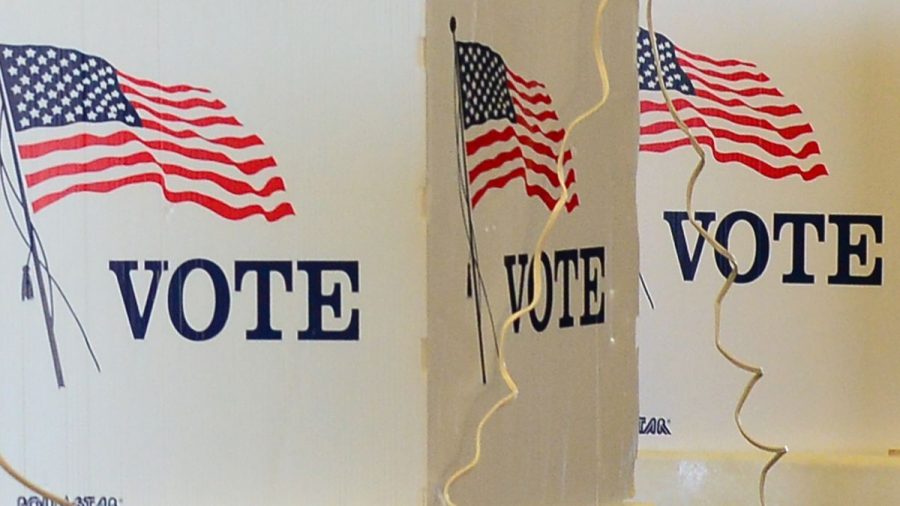Why We Need Range Voting
May 22, 2020
Our current electoral college first-past-the-post voting system is flawed, with many Americans believing that we need a third political party to represent more ideals. However, our current voting system favors a two-party system that is subject to campaigning against the opposing party rather than for the party they support. Enter range voting: a system in which voters give each candidate a score and the scores are averaged, with the victor emerging with the highest total. This voting system eliminates many of the flaws within our current system and could be the key to fairer elections.
Picture this: you’re quarantined and scrolling through Netflix, trying to decide the next show to watch. You look at the ratings—3 stars, 5 stars—which do you pick? After watching, you decide to rate it as well. Similar to Netflix, Yelp, or Amazon, in range voting, each candidate is given a score, and all the scores are averaged. Simple, right?
So how does this help? Well first, it allows more parties to be ranked, opening the voting field to new ideas instead of the same back-and-forth we see every election cycle. Also, voters can give two candidates the same score rather than force a ranking. This ensures that it never pays off to give your favorite candidate a lower score, which happens fairly often with America’s current system. When someone believes that their first choice is unpopular or unknown, they might not vote for their pick just to make sure that their vote counted. For example, in the U.S. 2000 Bush v. Gore presidential election, Bush narrowly beat Gore in Florida. However, polls showed that had Nader not run in the election, Gore would have likely beaten Bush, taken Florida, and won the entire election. Range voting would not only stop third party candidates from drastically changing the outcome of the election, but could also allow them to win. While current majority vote systems discourage voting for your absolute favorite, there’s never a good reason to betray your favorite under range voting.
This form of voting shouldn’t seem foreign to us. It’s in almost everything else. But truthfully, it will probably have a hard time making it into the political screen. Traditionally, if 55% of voters prefer candidate A and 45% prefer candidate B in a two-candidate race, candidate A clearly wins. However, with range voting promotes, there’s the chance that B should win if the 45% feel very strongly about their choice, while the 55% aren’t as confident about their choice. This notion goes directly against the majority vote that our country has operated under and brings along a whole set of more questions, especially: is the person with the minority of votes really who the country wants to rule?
So while range voting, in theory, seems like a perfect solution to our current political divide, governmental elections will not adopt it anytime soon. For now, we’ll continue to range vote for our favorite movies, shows, products, restaurants, and tourist attractions, but our election system will remain a problem for the future.
Graphic Courtesy of VOX.COM


Xing • Jun 2, 2020 at 1:13 AM
* equivalent of five ballots per candidate. WordPress is filtering out unicode math symbols.
Xing • Jun 2, 2020 at 1:11 AM
I have doubts over how elections can implement this securely and practically. A five-star system on candidates is the equivalent of giving every voter 5 ballots, an order of magnitude more numbers to count through. This has the potential to drastically slow down manual counting and put even greater reliance on voting machines, which have been hacked time and time again.